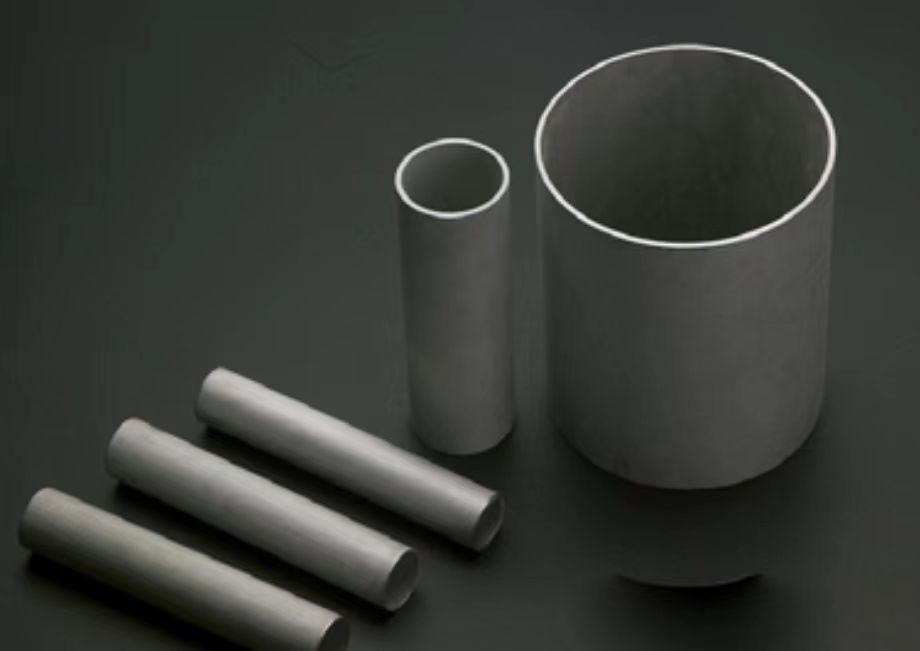What is pickling

Pickling generally refers to an industrial process in which an acidic solution is used to remove oxides, rust, scale, and other impurities from metal surfaces for the purpose of cleaning, brightening, or changing surface properties. This process is widely used in metal processing, electroplating, chemical industry, pharmaceutical and other fields.
What are the benefits of pickling some machined products?
Improve surface quality: Pickling can improve the surface quality of machined products, making them smoother and more uniform. This helps to improve the appearance and feel of the product, which is especially important for products with high appearance requirements.
Reduces the risk of corrosion: By removing oxides from metal surfaces, pickling reduces the risk of a product corroding during subsequent use. This is particularly important for some machined products used in harsh environmental conditions.
Improve coating adhesion: If the machined product requires coating (such as painting or plating), pickling can improve the adhesion of the coating to the metal surface, ensuring the durability and stability of the coating.
Improved processing performance: Cleaning metal surfaces can eliminate processing problems caused by impurities or oxides, such as cutting difficulties, tool wear, etc., thus improving the processing performance of machined products.
Overall, pickling can improve the overall quality, appearance and performance of machined products, making them more consistent with specific technical and aesthetic requirements. However, when pickling, care must be taken to ensure that safety and environmental protection measures are fully taken